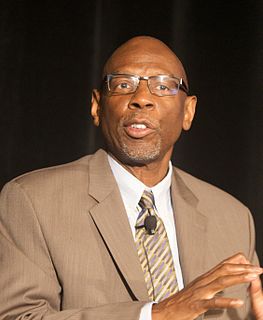A Quote by John Ortberg
When someone is in crisis, don't start by teaching, leveraging, or explaining. Just be with.
Related Quotes
Not everyone is sold on crisis consultants. Linda Gray, assistant vice president and director of news and information at the University of Central Florida in Orlando, says that to a certain extent, the worse the crisis, the closer to home you should deal with it. .. You ought to be dealing with the crisis, not explaining things to somebody else.
I actually really liked teaching. I started teaching at UCB when I was in college. I would get someone to fill out an internship form or something so I would get the credit. But why did I start teaching? I loved it. I loved doing improv and loved UCB and wanted to be a part of that world and that community.
Although this crisis in some ways started in the United States, it is a global crisis. We bear a substantial share of the responsibility for what has happened, but factors that made the crisis so acute and so difficult to contain lie in a broader set of global forces that built up in the years before the start of our current troubles.






































